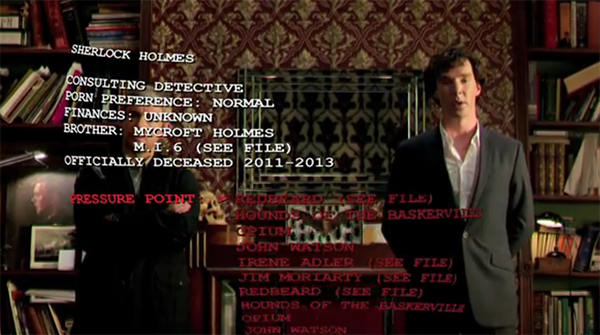 Whilst our investigation of poetry memorisation has immediate relevance for education, we also see our research questions as set within a much wider context of the location of knowledge within society. Memorisation of things generally has long been in decline in education, as the emphasis has shifted from knowledge to skills and from ‘learning’ to ‘learning for’. And with the digital revolution, information that used to reside in human memory (literally in-forming) is is increasingly outsourced to digital devices. It used to be OK not to know things as long as you knew where to go to find them; now it’s OK not to know where to go either because we’ve now got Google for that. This is not meant to be anti-technology doom-mongering, simply observation. Whilst research findings are beginning to accrue on the impact of web and other technologies on human experience and activity, we do not yet know – indeed may never know, since things will never stand still long enough for inspection – the complete and undoubtedly complex picture. Plus, the effects of technology are notoriously hard to predict. Not so long ago people were busy preparing obituaries for the printed book. But now it’s clear that the digitisation of literature is an action that has produced at least an opposite if not an equal reaction in the reaffirmation of paper and ink and an reinvigorated exploration of the possibilities in the book’s material qualities. It is as if there has been, within traditional print publishing, a rediscovery of the connection between form and content. See here - or the display tables in your local bookseller. Could it be that we are also seeing something analogous happening in the realm of memory? I’m willing to concede that it may be the effect of observational selection bias,(1) but it seems to me that there’s an awakening interest in the idea of embodied knowledge. Just as an example from popular culture, take the BBC’s hit series, Sherlock. The detective’s use of the classical mnemonic strategy of the memory palace had already been established in the last series, and in the final episode of Series 3, the entire plot turned on the locations of knowledge. The evil newspaper proprietor Charles Augustus Magnusson exerted his power through an “Alexandrian library” of secret information, which, we were at first led to believe was transmitted through some kind of digital feed being displayed on the inside of his spectacles. But all this was turned on its head with the revelation that the information was stored not in physical or even digital form, but in his own memory vault (the dark, underground version of the memory palace). In the hi-tech world of Sherlock, it is memory and embodied knowledge that prove more powerful – and also save Sherlock’s life (in a death-defying moment where only instantaneous, intuitive knowledge would do). That’s just one TV programme, but maybe it’s indicative of a growing awareness that knowledge we used to have in our heads is now in the clouds. And if that is the case, then it can also be seen as the context for the glimmers of renewed interest in poetry learning, as evidenced by recent publication of anthologies of poems for learning, poetry-learning apps, and newspaper and magazine articles by people who’ve taken up poetry-learning.(2) All of which we’re watching with professional interest. Debbie Pullinger 1. The phenomenon whereby we notice lots of something we’d never noticed before as a result of its increased personal significance. Sometimes called “red car syndrome”, from the example buying a red car making you notice many more red cars than previously. 2. E.g. Ana Sampson (2013) Poems to Learn By Heart; Roger Stevens (2013) Off By Heart: Poems for Children to Learn and Remember; Poems by Heart (2013) Penguin (App).
1 Comment
 In "This lime-tree bower" – the office In "This lime-tree bower" – the office Welcome to the Poetry and Memory website, and thank you for dropping by. We hope everything on the site is fairly self-explanatory: information about our project and us, a portal for our survey (later in the year), links to related sites, and so on. Eventually we’ll be able to report on outcomes, too, but in the meantime, we’ll be posting here about some of our activities, observations and general musings. We’re tremendously excited about this project, as you would hope; it’s our research project, after all. But we’re also quite taken aback by the excited responses from everyone to whom we explain the idea. As many have said, it feels like a very timely piece of research. To put this into context, not only did the learning and recital of poems fall off the curriculum in the English education system in the early part of the twentieth century, but in the latter part, the whole idea of poetry memorisation became deeply unfashionable. Currently, attitudes to the practice amongst teachers seem to be very mixed.(1) And yet, there are signs of change in the air, a rekindling of interest, perhaps even a rediscovery of a lost art. One view would be that it’s just the inevitable turn of the pendulum, or that the practice has now been unfashionable for so long that it’s acquired either a kind of novelty value or fashionable irony which will wear off in time. But taking other factors into consideration, we think there’s a more to it. More on that another post. So, having got this site up and running, it’s on with the literature review. Debbie Pullinger and David Whitley ___________________________ 1. This was the finding in our previous, small-scale study of local teachers from primary through to university. |
AuthorArchives
August 2017
Categories |
 RSS Feed
RSS Feed